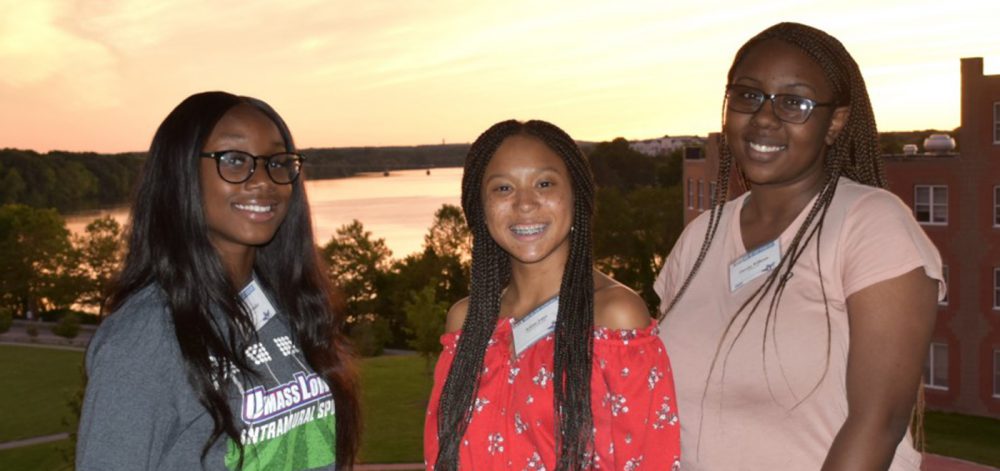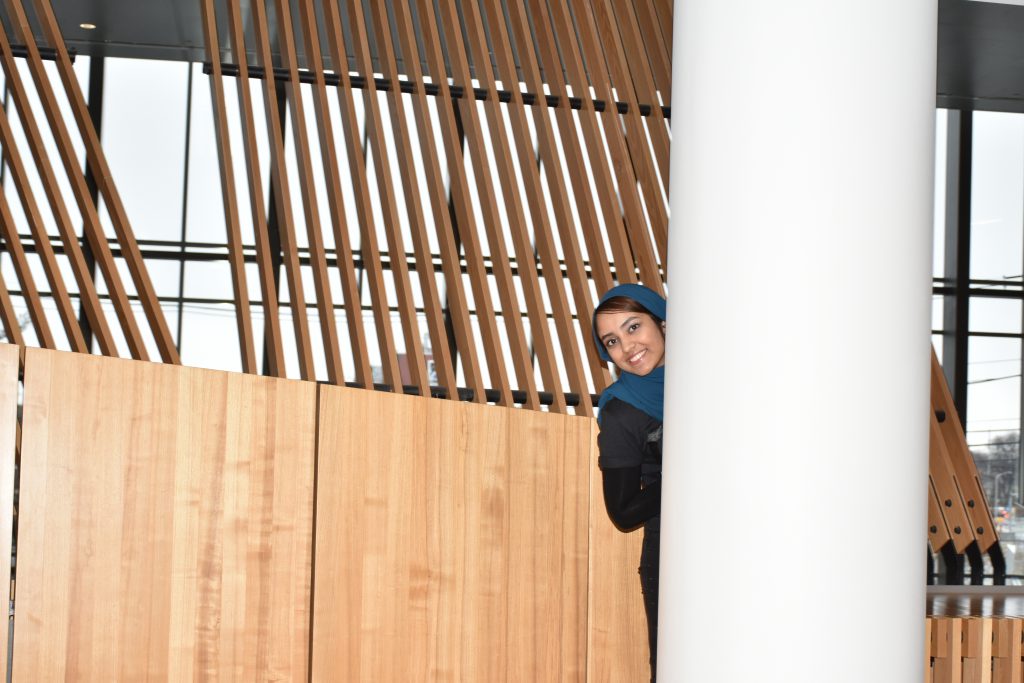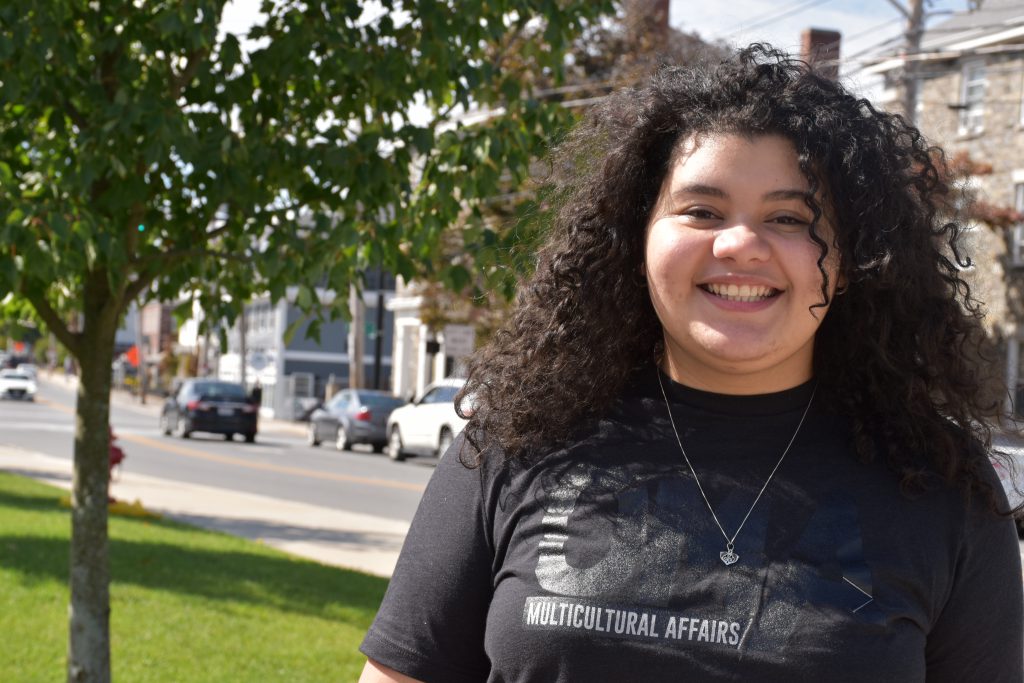Today we are talking about self-reliance and some accomplishments our students have learned through their experience in college. We want to celebrate what is important to you inside and outside of the classroom. Transitioning to the world of education can be scary sometimes but we are always here for you because #OMACares!
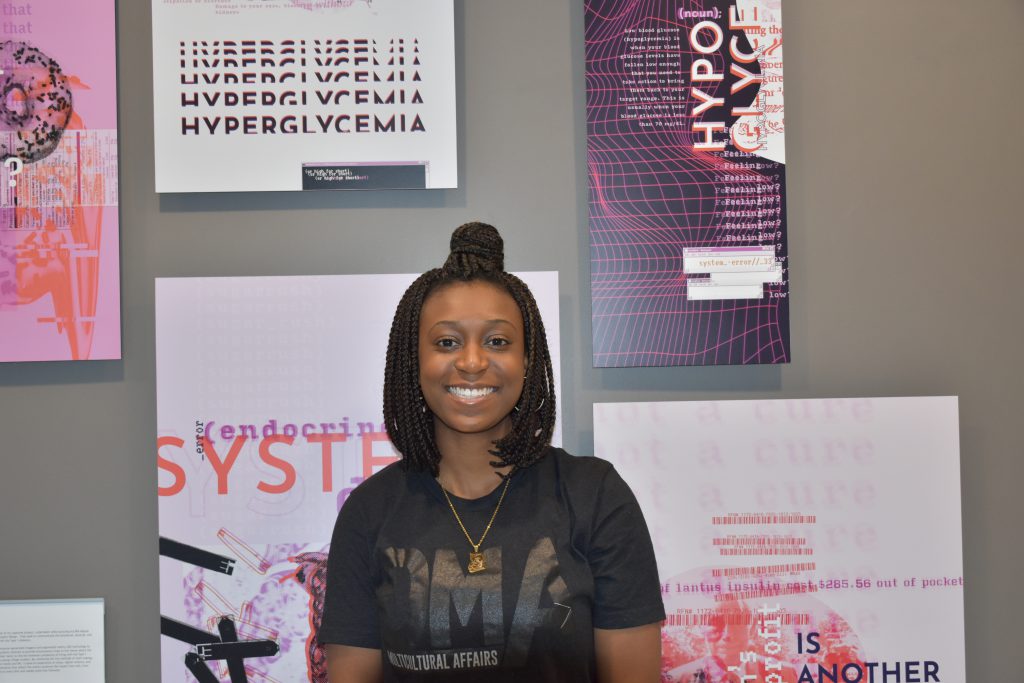
Junior – Political Science, minoring in Graphic Design
Fiona is proud of learning to become more independent living on campus. As well as learning to step out of her comfort zone. She joined a club on campus and is participating in the clubs e-board. Taking the president role she had to learn quickly how to assert herself with other people, and stepping up into the leadership responsibilities. Doing this helped her step outside the box. Knowing that she had to navigate through college, as well as how her team depends on her taught her to be more assertive.
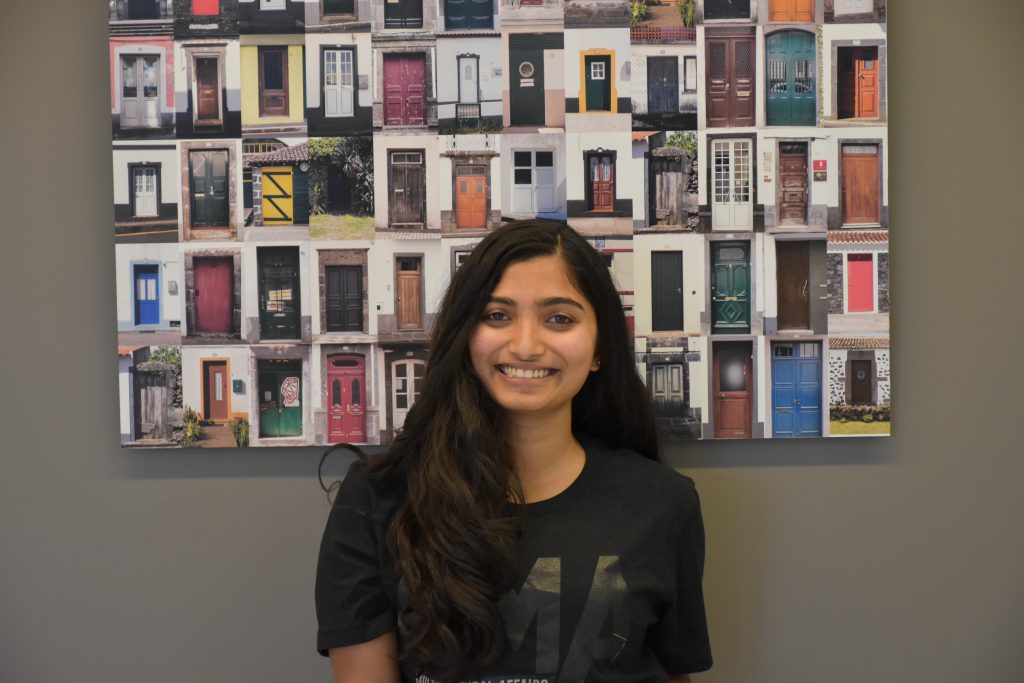
Sophmore – Biology concentrated in Biotechnology
Deepshi, on the other hand, has learned to be more assertive and communicative with those around her. There have been many challenges she faces as an international student, mostly logistics such as paperwork and learning how things work. So how was she as a new international student able to learn to advocate for herself? And how did she process college culture shock? “It was really weird because I didn’t expect that, starting college was a bigger change than moving to the U.S.” Well, the most impactful lesson while in college was deciding to prioritize herself and her mental health over others. After not being as close to someone she knew for many years, she had to decide to spend her time supporting someone else or herself and her career. Taking a step back to analyze the situation which could become a toxic friendship. She chose instead, to prioritize on her goal to be the best she could in college and her mental health. Not being perfect, just herself. After this now she connects with other students to help them as well.
Student Tips –
Now that you have learned this, what advice would they give to your younger selves?
Deepshi – “Trust your intuition, know that you know what is best for you! Go after what you want and be confident in yourself and honest with yourself when you feel like things don’t feel right or like yourself. Try new things such as a club. If you wanna be assertive you gotta step outside of your comfort zone knowing you will be okay.”
Fiona – “Trust Yourself, and believe in what you are doing even if sometimes it is frustrating or difficult. Be positive even though it tough remains optimistic. Everything is a process and with time, you can overcome anything.”
- What have you learned so far in college?
- What’s something you want to work more on? (public speaking/ networking/etc.)
Comment Below your thoughts! See ya next time.
